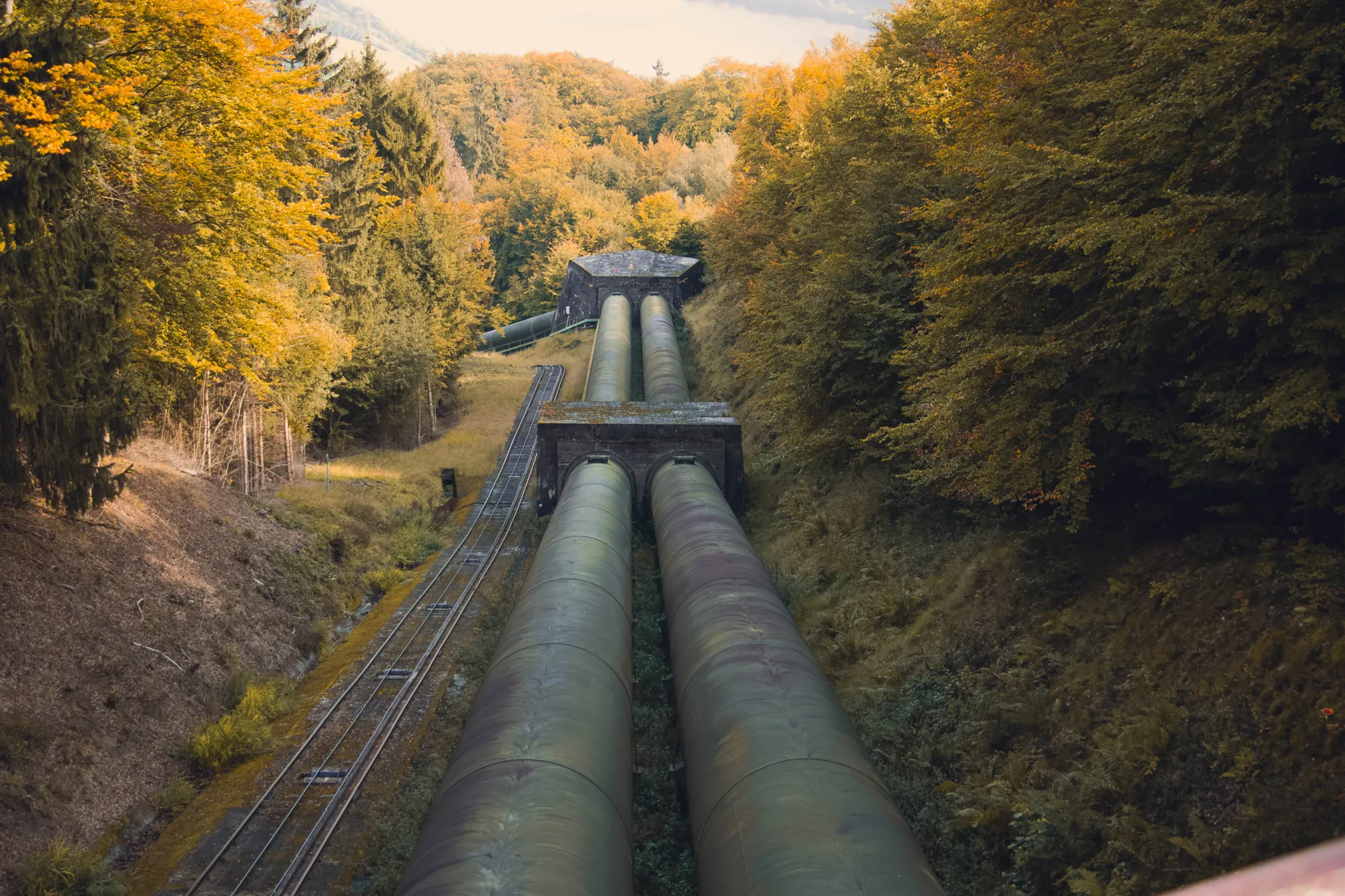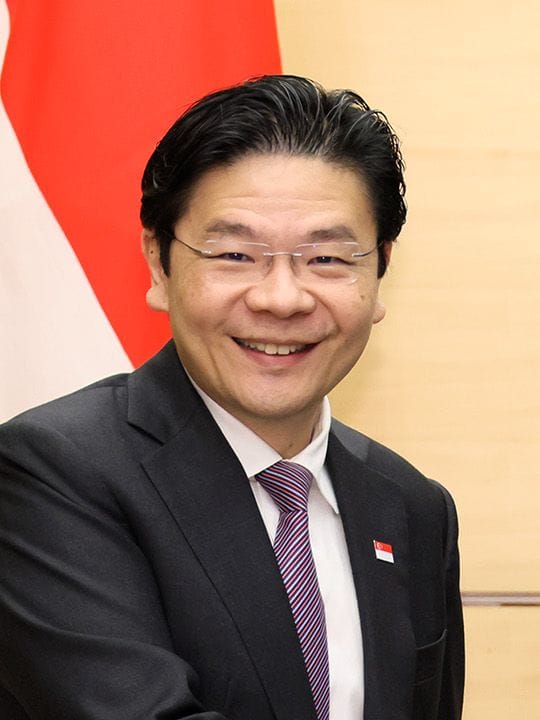Chugoku Electric Power and Nippon Gas Line Collaborate for a Greener Future
The Chugoku Electric Power and Nippon Gas Line’s collaboration underscores their commitment to sustainability and aligns with Japan’s ambitious climate goals.

Tokyo, March 1, 2024 — In a significant stride toward combating climate change, two prominent Japanese companies, Chugoku Electric Power Co., Inc. (EnerGia) and Nippon Gas Line Co., Ltd. (NGL), have announced their participation in a groundbreaking study. This joint evaluation aims to establish a Carbon Capture and Storage (CCS) value chain, originating from Japan and extending to Malaysia.
The Urgency of Carbon Reduction
As the world grapples with the urgent need to reduce greenhouse gas emissions, Japan has been at the forefront of innovative solutions. The Chugoku Electric Power and Nippon Gas Line’s collaboration underscores their commitment to sustainability and aligns with Japan’s ambitious climate goals.

The CCS Value Chain: A Holistic Approach
The CCS value chain encompasses a comprehensive process, from CO2 separation and capture to marine transportation and eventual storage. Let’s delve into the key components of this transformative initiative:
- CO2 Separation and Capture: At the heart of the value chain lies the separation and capture of carbon dioxide (CO2). Chugoku Electric Power’s coal-fired thermal power plant and EnerGia Group’s power plant will play pivotal roles in this phase. By capturing CO2 emissions, these facilities contribute to a cleaner energy landscape.
- Liquefaction and Temporary Storage: Once separated, the captured CO2 undergoes liquefaction. NGL, with its expertise in marine transportation, will facilitate the safe movement of liquefied CO2 from Japan to Malaysia. This step ensures efficient storage and minimizes environmental impact.
- Marine Transportation: NGL’s commitment to commercializing domestic marine transportation of liquefied CO2 is commendable. The Setouchi area, known for its strategic location, will serve as a hub for this vital transport. By utilizing existing shipping infrastructure, NGL aims to streamline the process.
- Receiving Point in Malaysia: Malaysia, a nation equally committed to environmental stewardship, will receive the liquefied CO2. The receiving point(s) in Malaysia will be strategically chosen to optimize efficiency and minimize transportation costs.
Collaborative Efforts and Memorandum of Understanding
The Six Companies—JAPEX, JGC Holdings Corporation, Kawasaki Kisen Kaisha (“K” LINE), JFE Steel Corporation, Chugoku Electric Power, and Nippon Gas Line—have signed a Memorandum of Understanding (MOU). This agreement formalizes their commitment to jointly evaluate and establish the CCS value chain. Their collective expertise will drive progress and innovation.
The Road Ahead
As the CCS Project Development gains momentum, the Six Companies are poised to make history. Their vision extends beyond borders, aiming to start injecting and storing CO2 beneath the seabed by the end of 2028. This ambitious timeline underscores their determination to combat climate change effectively.
In conclusion, Chugoku Electric Power and Nippon Gas Line’s participation in the CCS value chain study exemplifies corporate responsibility and sets a precedent for sustainable practices. By reducing carbon emissions and fostering international collaboration, they contribute significantly to Japan’s climate resilience.



